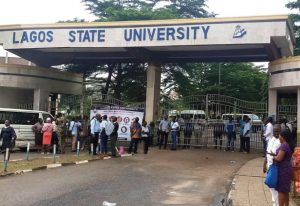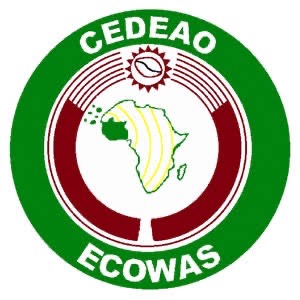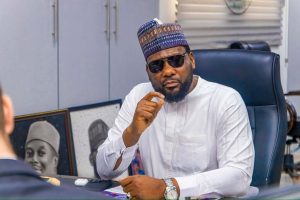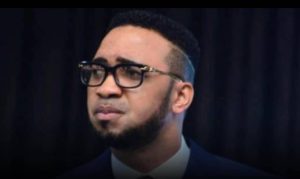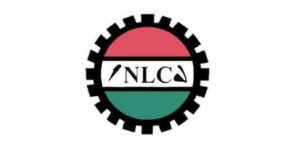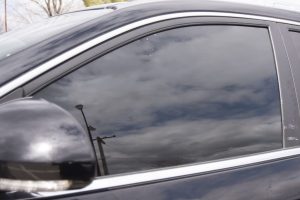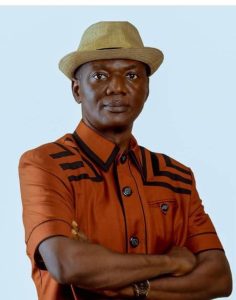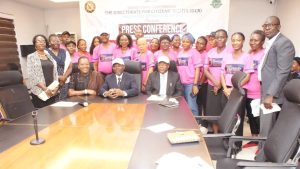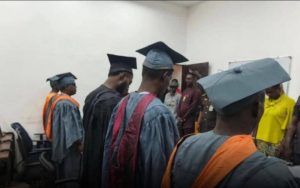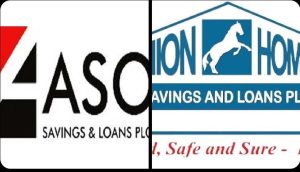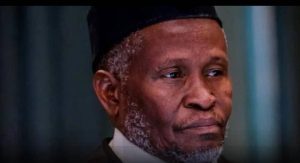By Ikugbadi Oluwasegun & Damilare Adeleye
Taiwo Oyedele, Chairman Presidential Fiscal Policy and Tax Reforms Committee, has hinted that the committee is proposing a law to the National Assembly to increase valued added tax from the current 7.5% to 10%.
Oyedele made this disclosure while speaking during an interview on Channels TV’s Politics Today on Tuesday.
He also said his committee was working to consolidate multiple taxes in Nigeria to ensure tax reduction, adding that the tax law the committee drafted would be submitted to the National Assembly.
According to him, “We have significant issues in our tax revenue. We have issues of revenue generally which means tax and non-tax. You can describe the whole fiscal system in a state that is in crisis.
“When my committee was set up, we had three broad mandates. The first one was to look at governance: our finances as a country, borrowing, coordination within the federal government and across sub-national.
“The second one was revenue transformation. The revenue profile of the country is abysmally low. If you dedicate our whole revenue to fixing roads it will be insufficient. The third is on government assets.
“The law we are proposing to the National Assembly has the rate of 7.5% moving to 10% from 2025. We don’t know how soon they will be able to pass the law. Then subsequent increases are also indicated in terms of the year they will kick in.
“While we are doing that, we have a corresponding reduction in personal income tax. Anybody that is earning about N1.5 million a month or less, they will see their personal income tax come down. Companies will have income tax rate come down by 30% over the next two years to 25%. That is a significant reduction.“Other taxes they pay are quite many: IT levy, education tax, etc. All these we are consolidating into a single one. They will pay 4% initially. That will go down to 2& in the next few years.”
He added, “What we have taken into account is what are those basic necessities of life—food, accommodations, transportation, education and health. We’ve deliberately identified those items. And we’ve removed almost all the taxes applicable to them, including no VAT.
“We think that from the fiscal policy and tax perspective, we can make it more affordable for the Nigerian people to be able to afford those basic necessities. Share-passenger transportation is completely tax-free.
“However, if you hire a taxi, we assume that you’re not the poorest Nigerian so you have to pay the tax. Whereas if you get into a bus, that will be completely tax-free. That’s what we’ve done so far.”






